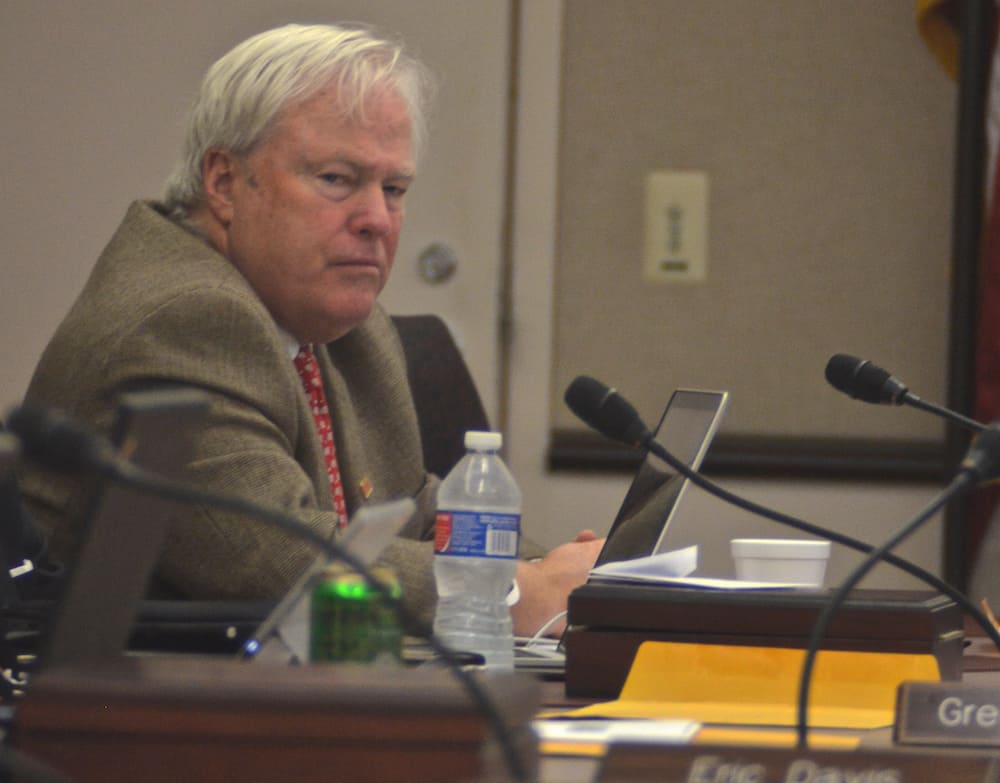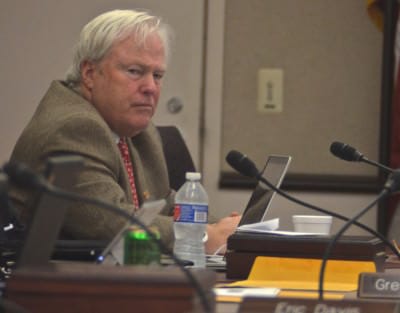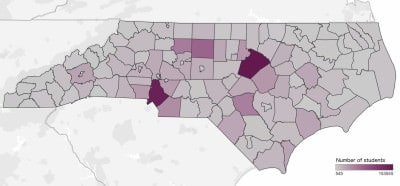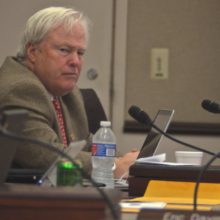
Ann McColl, my good friend, once again writes effectively in sharing her opinion on local boards. In this case, I lean toward siding with the Judge, Mr. Manning, who presides over the long-standing Leandro case.
I am not a fan of local boards, whether rural or urban.
When they operate well, however, they can build community support for public education — and this is all-important.
When the board, the superintendent, and the community ALL are rowing together, the boat moves in the direction it should, it stands to win the race, and the kids make it to the finish line on time.
However, that rowing, more often than not, can look and feel like the following at the board level:
A disgruntled employee (perhaps one who was fired for non-performance) can run and be elected with the sole intent of dumping the superintendent.
A board member’s cousin is not hired for a job. That board member presses the issue with the superintendent.
A neighbor’s child doesn’t get the teacher that the neighbor wanted, and the school board member wants to know why.
Troubled waters, n’est ce pas?
And this goes on and on, more often than not extending to county commissioners in the same district.
But, let’s assume for the moment that this type of trivial, inappropriate behavior is absent for the most part. Consider the job of a local board, which is really limited to only four functions:
- Hiring and firing the superintendent — by far the most important job of a board, nothing runs a close second.
- Approving a budget — which is drawn up and presented by staff.
- Approving student assignment boundaries — which often can have little educational impact, but can have huge political ramifications. In my days of board service, few issues occupied as much time.
- Approving policy — good educational policy can often get tainted by politics, unnecessary bickering, ending in results with compromised educational benefit.
So, you might ask, what should a “good” school board member do against this backdrop of responsibility? I would propose the following:
Acknowledge the importance of #1 above and seek counsel in choosing the right superintendent.
In the instance of most folks serving in the capacity of BOE members, they have never hired anyone before. If the preponderance of school board members around the table meet that criteria, the board faces a serious challenge. I’m talking less about human resources issues, crafting an employment contract, or the like. Rather I am talking about having the skill set to understand what the community needs/wants, determining the traits of a candidate to meet those needs, and working diligently and effectively to attract the right candidate to the job.
And then there is the issue of “management” of the superintendent.
A board member’s job is hardly to micro manage, and I would go much further. I am firm in my belief here, and that is, quite simply, to get out of the way. Let the superintendent do his/her job. Support that person publicly. Air one’s dirty laundry privately. That is not to say that issues are not discussed vibrantly and candidly in open session. It is to say that disparaging comments — those that are not constructive to solid educational delivery — have little place in the job of a school board member. If the superintendent clearly can’t cut it relative to delivering on the community’s expectations and needs, then work to relieve the person of their job. Doing so swiftly, but fairly, should serve everyone’s interests well. But, in all things that relate to board action, consider the ramifications to the community, most especially around the all-critical issue of building and maintaining support for public education in the district.
Support the superintendent as it relates to budget, pupil assignment, policy, and certainly human resources issues, where at all possible.
After all, you hired this superintendent to get the job done. You have plenty of opportunities along the way for input. And seek counsel in doing so — from the public, colleagues, trusted advisors, etc. There are few people who come to this job well-tested in finance, human resources, running an organization, etc. I thought I might be well-prepared as a BOE member here in Charlotte until I carefully weighed the demands of the job: the educational welfare of 100,000+ students, oversight of 20,000 employees, managing responsibly a multi-billion dollar budget, etc.
How could I be properly prepared to hire a superintendent charged with this responsibility? Pretty serious food for thought. The responsibilities are great, and I submit very few are truly prepared for the job.
But this is America, and we operate in a democracy with elected officials to represent our interests. Yes, but it’s not a perfect system. I’m not saying abandon the structure of record, but I do agree with the judge that there need to be ways to address non-functioning boards or board members — obstreperous may prove a kind word for some.
A board’s effectiveness, plain and simple, should be weighed solely on how well it is delivering a solid education to the children it ultimately serves.
Any board that does not have a plan, or measurements, demonstrating educational mastery for kids, or has both and is failing, should be replaced.
And someone should have that authority if the community does not have the gumption to assume that responsibility.
The State Board sounds like the logical party, since after all, it is charged with ensuring a sound, basic education for all children in the state.
Ms. McColl’s article dealt with the issue of BOE’s having a sound impact on educational achievement in a district. I would submit that such results only occur when everyone on that community’s boat is rowing together. Regrettably, there are all too few examples to point to.
Unobstructed solid leadership in the superintendent’s office is the path to success, in my view.
How we make that happen remains a challenge.
And anything less really does not serve our kids well.
Recommended reading



